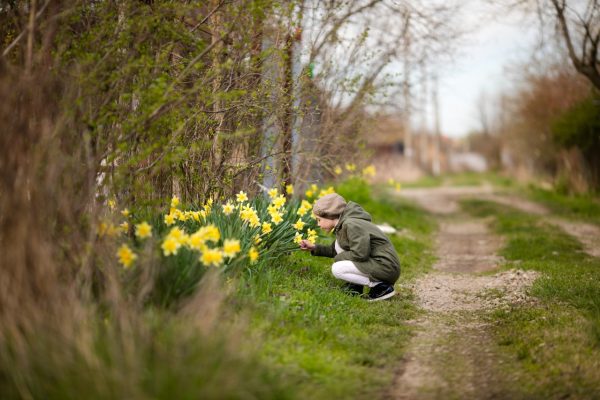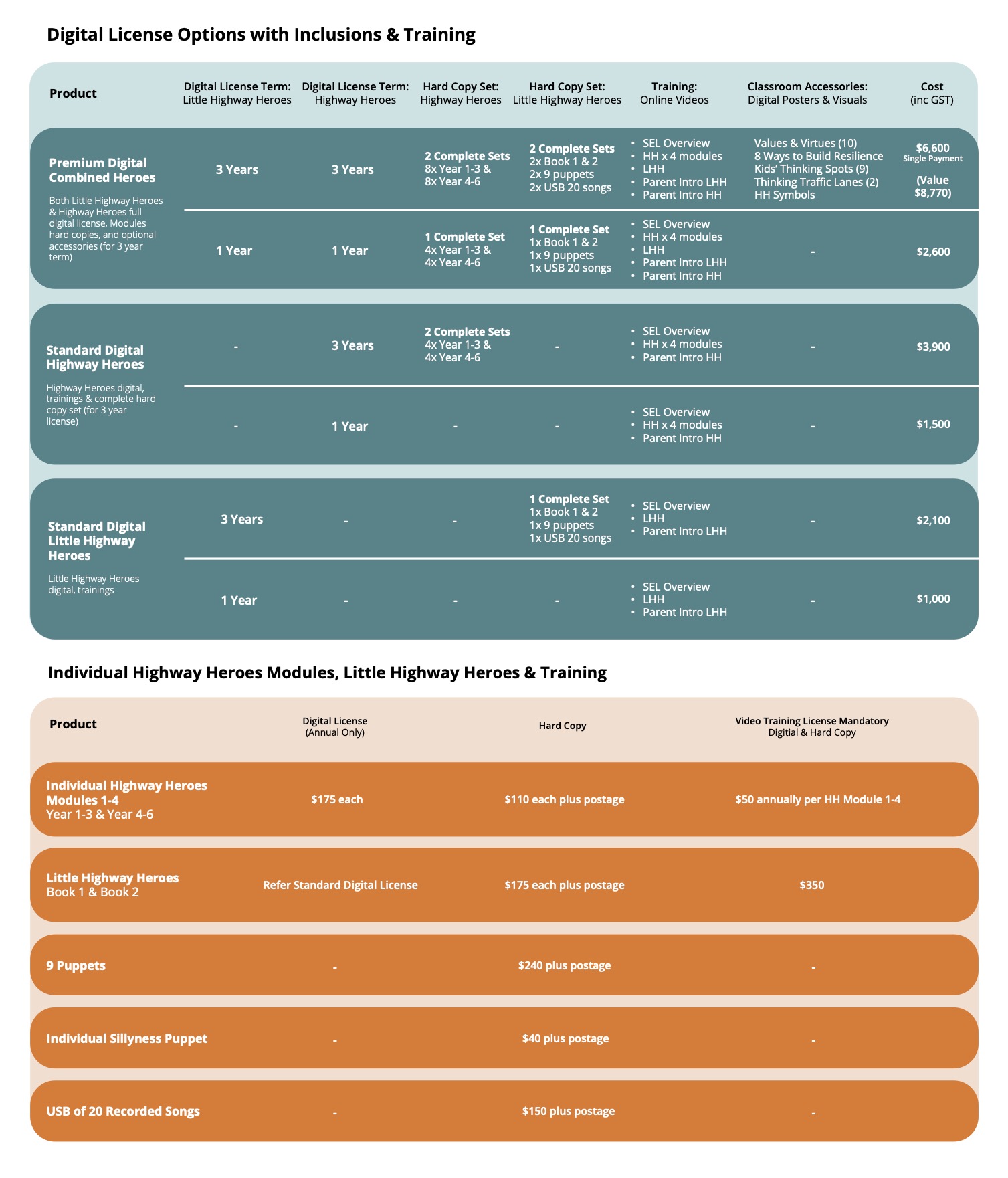The evolution of the human has always been slow and steady… until now. The human reality is, is that accepting change takes time. Absorbing new knowledge and creating a space to put it into practice, having it accepted and then for it to become part of everyday thinking is certainly something that takes humans a while.
And there’s good reason for that. Our brains are wired for survival and change requires all that ‘extending-self’ stuff we like to chuck about like – getting out of your comfort zone, going out on a limb, stretching yourself. All worthy concepts but golly, hard to enact for the average human who needs assurance, predictability and proof to accept anything new and different. Ask yourself, how do you react to change? Perhaps your city council has started a new rubbish sorting system and you find yourself embracing it, or maybe spending a goodly amount of time wishing for the good old days when things were simpler.
It’s a changing world
Parenting, education, health – you name it, there is little that has escaped the ever-spinning vortex of technology. It’s everywhere – in every home, classroom and workplace. We are right into the digital age and I think many of us are still coming around to what that means.
We consult our phones for all aspects of life – from child raising, to recipes, to holiday destinations. A world of information is right at the very tip of our fingers and it’s intoxicating. In just a nanosecond you can know all about the structure of the inside of a bee’s knee which can lead you to a Youtube clip about honey, another about Hunni’s Hijinx… and then onto the slippery slope of a world that you might never have known existed. Our children have access to all that information – and more – because they actually know what they’re doing digitally, rather than stumbling onto it by accident like most of us.
Spinning faster than ever before historically
Rapid-fire information access and exchange means that our children have access to more data in a day than most of us had in a week. Our lives are busier, our children do more from and earlier age, expectations of achievement are changing. Just in my children’s lifetime, the expectation of a pre-primary (5 year old) has changed dramatically. My young ones played to learn and brought home a reader in the last term of pre-primary to build some year one excitement. Now, our 5 years olds have outcomes based education, their literacy and numeracy milestones have been accelerated and it’s fair to say that what my boys did in Year 1 is now an expectation by the end of pre-primary.
We’re doing and stressing more and genuinely connecting and playing less. It can feel like living in a pressure cooker. And it’s not good for any human – especially our little ones. We are not meant to process information as fast as it now appears and disappears off a screen. We are not neurologically wired to be always on – our human brains need play time, down time and rest time. Just taking a look at our dire children’s mental health statistics should paint the picture of the future if we don’t heed the warnings and slow it all down.
Slowing down time in your family
In this, the age of social media declarations of a child’s extraordinary achievements, it’s hard not to become paranoid about your four year old who is more interested in eating the paint than in creating an edge-to-edge, stay in the lines, colour-perfect masterpiece. Hold your ground – there are so many years to develop all of the skills necessary to become an independently functioning, high achieving, self-motivated human being. Here are four simple tips to slow the spinning and to create a magnificent space for your family to really experience all the joy of family life.
- Have a routine, weekly games night – get out the cards and the boardgames and turn all technology off. A million skills will be learned, conversations will flow and your relationships will flourish.
- Limit after-school activities – 2 a week is plenty for a child. Make time for play dates, sibling time, parent time and for alone time. Don’t worry about how many sports and instruments are being mastered by your child’s peers – what you’re giving them is far more valuable.
- Manage access to technology – be present if your child is on-screen. Help them unpack what they’re seeing. Know what they’re into. Keep it out their bedrooms. Have firm boundaries for access. Remember that all that rapid-fire information needs processing and that takes space – the same space a child requires for all other learning. If all that space is taken up you can only expect a deterioration in behaviour, connection, willingness and other valuable life learning.
- Create pockets of free-time – time where nothing is planned and your child has to make their own fun. Don’t be put off by, “I’m bored.’ Just wait and allow that space to spark your child’s curiosity and creativity.
Protecting our children’s future
We’re living in unprecedented times – at no other time historically have humans experienced such enormous change – especially change that impacts the day-to day wellbeing of a child. By default, their little brains are spinning faster and faster than ever before and we should all be deeply concerned about that. It’s something we should all be taking very seriously and actively planning for in our family life. Slow it down – our children’s future depends on it.
BEST Programs resources
We, Claire and Helen take the business of child and family wellbeing very seriously. Together we’ve created a range of resources for children, parents, schools and therapists that are out there, all over the world doing enormous good. Most of our resources are digital – including our Highway Heroes curriculum – which means you can access them from all over the world. Please do have a look through our website for some resources that may be useful for your family, classroom or practice.


